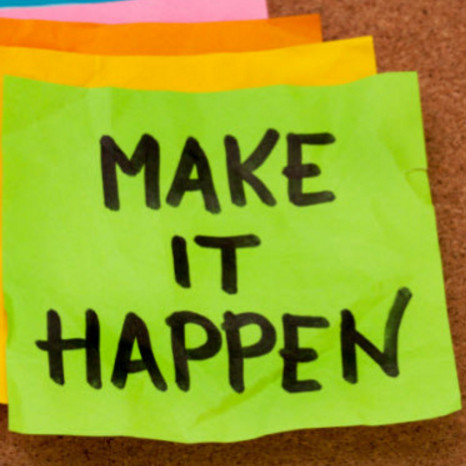You are viewing our site as an Agent, Switch Your View:
Agent | Broker Reset Filters to Default Back to List
Due to the ongoing situation with Covid-19, we are offering 3 months free on the agent monthly membership with coupon code: COVID-19A
UNLIMITED ACCESS
With an RE Technology membership you'll be able to view as many articles as you like, from any device that has a valid web browser.
Purchase AccountNOT INTERESTED?
RE Technology lets you freely read 5 pieces of content a Month. If you don't want to purchase an account then you'll be able to read new content again once next month rolls around. In the meantime feel free to continue looking around at what type of content we do publish, you'll be able sign up at any time if you later decide you want to be a member.
Browse the siteARE YOU ALREADY A MEMBER?
Sign into your accountWhy Your New Year's Resolutions Will Fail (and How to Fix That)
January 08 2017
 If you didn't achieve your resolutions this past year, you're in the majority of 76 percent of people who eventually gave up on their resolutions.
If you didn't achieve your resolutions this past year, you're in the majority of 76 percent of people who eventually gave up on their resolutions.
The stats are discouraging enough with 69 percent of individuals who choose not to make resolutions at all, but maybe they're on to something. This year, why not do something a little different?
Don't make a resolution. Create a new habit.
In order for your resolutions to stick, you need to change your behaviour. In order to change your behaviour, you need to rewire your brain.
Through the use of MRIs, neuroscientists have discovered that habitual behaviour is created from thinking patterns that create neural pathways. These become the default for your behaviour when faced with a decision.
For example, you probably don't have to put much thought into whether or not to brush your teeth at night. If you're about to go to bed, the neural pathways in your brain don't require you to make a decision – you just brush your teeth.
These same studies have shown that making a change in your behaviour by simply "trying harder" can have the opposite effect. Real change requires new neural pathways, which are created once you adapt a new habit.
So how do we create a new habit?









